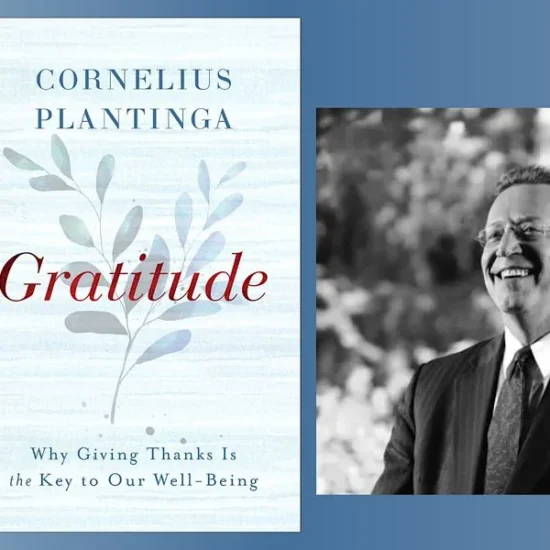Nov. 22 is the day on the American calendar that we offer thanks for all the blessings we enjoy. Traditionally, dinner tables overflow with the likes of mouth-watering turkey and/or ham, dressing, fresh baked breads, candied sweet potatoes, various incarnations of potatoes, other vegetables and fruits and favorite desserts.

Bill Webb
|
Today is most assuredly the day of the year in our country when more blessings are offered to God for the meal. Even most of the irreligious people in our nation become a little more God-aware when they sit down to this bountiful Thanksgiving dinner.
Thanksgiving is a good American family tradition. Usually it is family-centered and a welcome respite from the toils of labor and other activities that more routinely occupy our lives and often keep us apart. Youngsters are reminded to give thanks for comfortable homes (if they live in comfortable homes), their personal possessions (if they have them), parents and other loving relatives and the various American freedoms, particularly the liberty to worship.
Usually children and adults alike are especially mindful to thank God for their loved ones. Thanksgiving is a national holiday with religious overtones and a lot of secular activities such as parades, football, basketball and other big events. These days, Thanksgiving evening signals the beginning of shopping-mania and an early start to Black Friday and Christmas gift purchasing. Alas, for many people, thanksgiving boils down to gratitude for what they possess or for the physical comforts of life.
For believers, true gratitude is an attitude and a discipline to be cultivated day by day, even moment by moment. It is integral to actually living a Christian life. Thanksgiving is a way of life — and a way of living life — that goes well beyond a day or two away from work. It is woven into the very fabric of the believer's life.
Christian gratitude gives the believer the power to express gratitude to God even for the challenging circumstances of life. The Apostle Paul on his fourth and final missionary journey had an attitude of gratitude in even repeated tough situations as he made his way to Rome to carry on missionary work.
The Apostle found himself a prisoner — "in chains" as he described his situation — standing before Governor Felix and King Herod Agrippa II in bustling Caesarea. There he stood giving a bold witness of his faith in Christ, pressing both leaders for a commitment themselves. He was being typically Paul!
Both agreed he could have been set free on the spot, except for one critical detail: Paul had already made his appeal to the Roman emperor. That decision was hardly an oversight on Paul's part. He made it strategically, realizing the best way to bring the gospel to Rome and get the best hearing was to start at the top. He was grateful for the opportunity.
Booking passage Rome was the responsibility of Roman authorities, so Paul found himself on a ship in the Mediterranean nearing the winter season and in the midst of a violent storm. His advice to Julius, the centurion in charge of prisoner transport on this trip, to delay the voyage was ignored, of course, and the craft tossed and turned for two weeks before wrecking near the coast of Malta. By then, Paul had received assurance from God that all 276 crew members, Roman soldiers, prisoners and any other passengers would survive the voyage and shared it with the rest. Sure enough, all found themselves alive on the beach after the waves and a sandbar splintered the ship.
To everyone's relief, tiny Malta was inhabited by residents who were extremely hospitable and took care of everyone who had been on the ship for three months, until dangerous weather had passed and a new ship had been summoned to continue the trip to Rome.
During his time on Malta, Paul survived snakebite by a poisonous viper, healed many people in the name of God and — without doubt — did his best to evangelize the residents of Malta and his fellow voyagers. Paul expressed gratitude not for the circumstances but for the opportunities to make Christ known.
Interestingly, Paul did not have many of the things for which we tend to thank God. His health was an issue. He faced opposition and survived attempts upon his life. His freedom was regularly abridged; he was a regular in jails and prisons. Even some who claimed Christ in their own lives opposed him.
Perhaps what Paul and many contemporary believers can teach us is that true gratitude comes from a growing faith relationship with God, who is our only true security. Such gratitude doesn't limit itself to material blessings but enables believers to look through the eyes of God to give thanks for what truly matters to him, even if that means thanking him for difficult, challenging and even painful life experiences to do so. Thanks be to God.
Bill Webb is editor of Word&Way.




